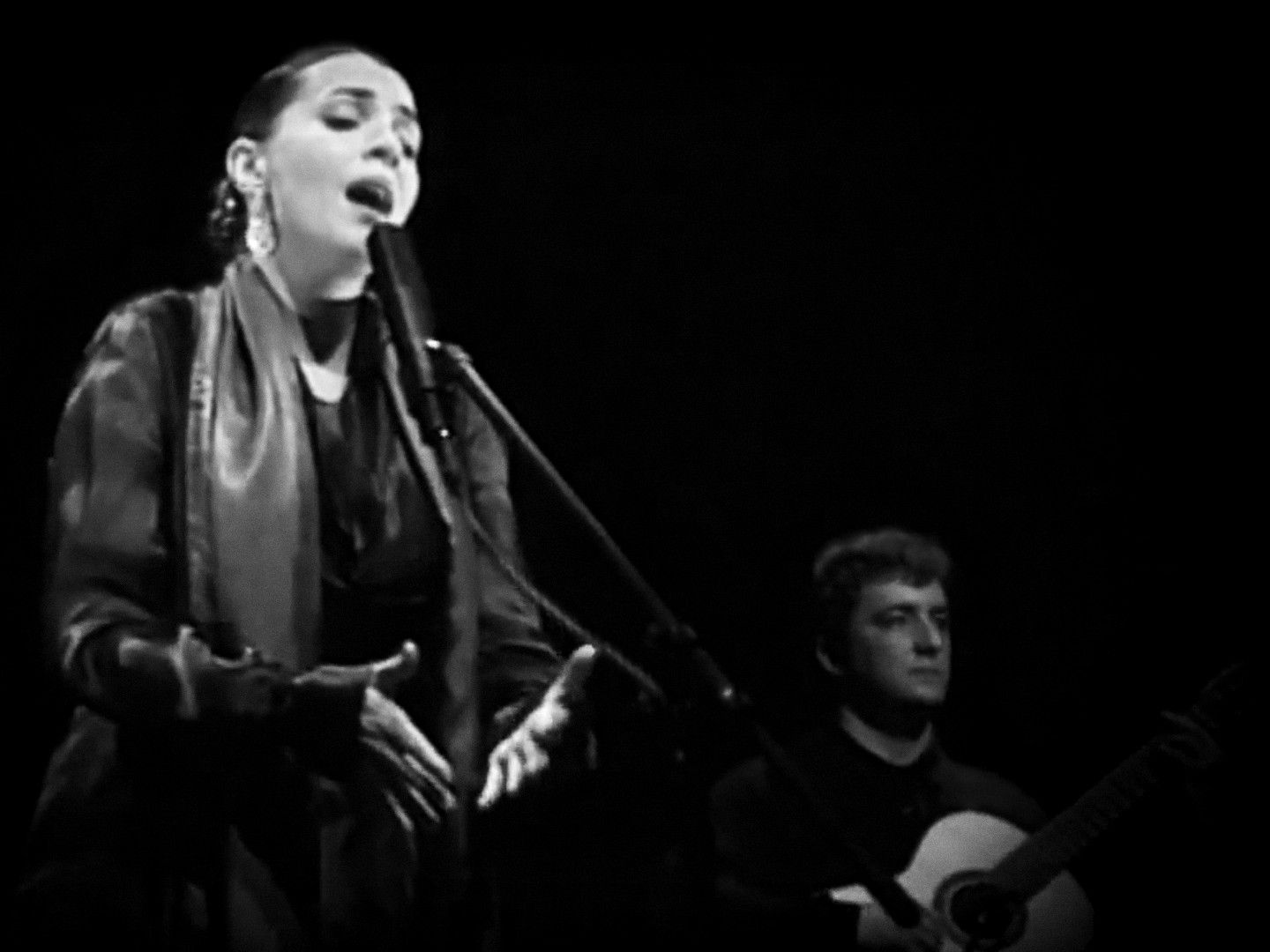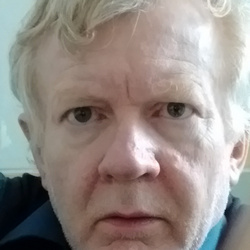There is a song of the people
I can't even say if it is a Fado
...
But it is so comforting
This vague and sad song
That my soul no longer cries
Here's Mariza singing the whole song.
Mariza "Há uma musica do Povo"
1. Mariza "Há uma musica do Povo" (There is a song of the people)
Music: Mário Pacheco
Portuguese guitar: Luís Guerreiro
Inevitably Fadistas would like this one. But a whole host of Pessoa's other poems have been set to music, many of them as Fado, but in other styles too. In this post there's a selection.
Here are the words of the poem Mariza is singing in Portuguese, with my English free translation below each verse.
Há uma musica do Povo,
Nem sei dizer se é um fado -
Que ouvindo-a há um chiste novo
No ser que tenho guardadoThere is a song of the people,
I can't even say if it's a Fado.
When I hear it it is like a new joke
Played on the me I've been guarding.Ouvindo-a sou quem seria
Se desejar fosse ser
É uma simples melodia
Das que se aprendem a viverListening to it I am who I'd be
If only wishing was enough.
It's a simple melody
Of those who learn to live.Mas é tão consoladora
A vaga e triste canção
Que a minha alma já não chora
Nem eu tenho coraçãoBut it is so comforting,
This vague and sad song
That my soul no longer cries
Even if I don't have a heart.Sou uma emoção estrangeira,
Um erro de sonho ido…
Canto de

